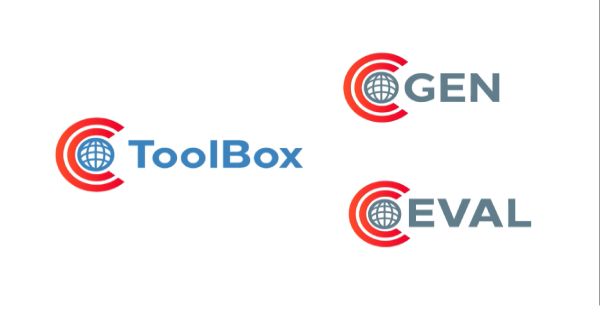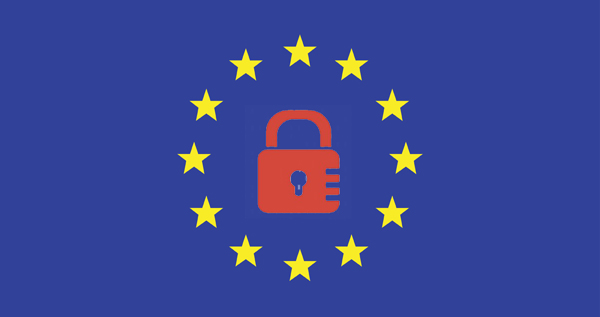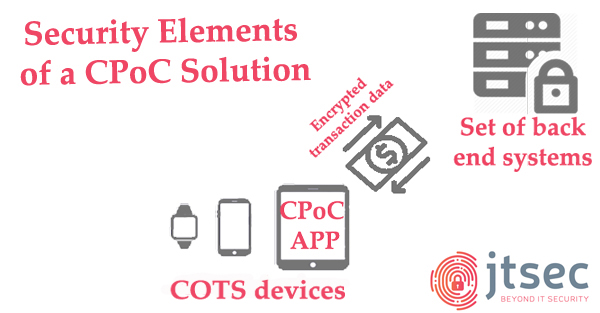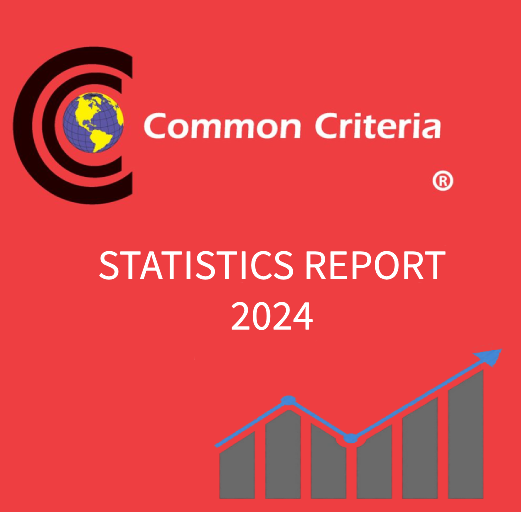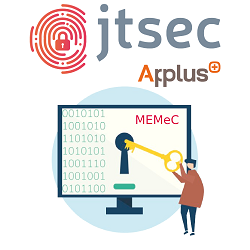ERNCIP has published recently a report on Recommendations for the Implementation of a European IACS Components Cybersecurity Certification Scheme (ICCS) produced with a close and consistent reference and relevance to the EU CyberSecurity Act (CSA).
This report aims to be the most solid basis for a future European Cybersecurity Certification Scheme dedicated to Industrial Automation & Control Systems Components.
CCToolBox is an innovative tool created by jtsec to make engineers and our clients a little happier in the Common Criteria certification process.
Europe has been, and still is, a referent in terms of cybersecurity. Nevertheless, it is always good to look at what is being done by Standards Development Organizations at an international level, to serve as a basis for the creation of new schemes. Cybersecurity certifications will advance in all sectors, but there are areas, such as the industrial sector, the 5G networks, or everything related to the autonomous vehicles, which will require special attention in the coming months.
Industrial Cybersecurity is defined as the protection of information and industrial infrastructure processes that may be susceptible to cyber-attacks. Industrial cybersecurity is key to keep critical systems up and factories operational. Industrial companies need to grow, expand and benefit from the digital transformation in what we know as Industry 4.0, the Industrial Internet or the Connected Industry 4.0.
PCI-CPoC is a new security standard approved by the PCI Security Standards Council (PCI SSC) for smartphones or other contactless payment devices like wearables, tablets, etc. known as COTS (commercial off-the-shelf).
The PCI CPoC standard brings security and testing requirements for products that support contactless payments on a commercial COTS device using a built-in NFC reader.


